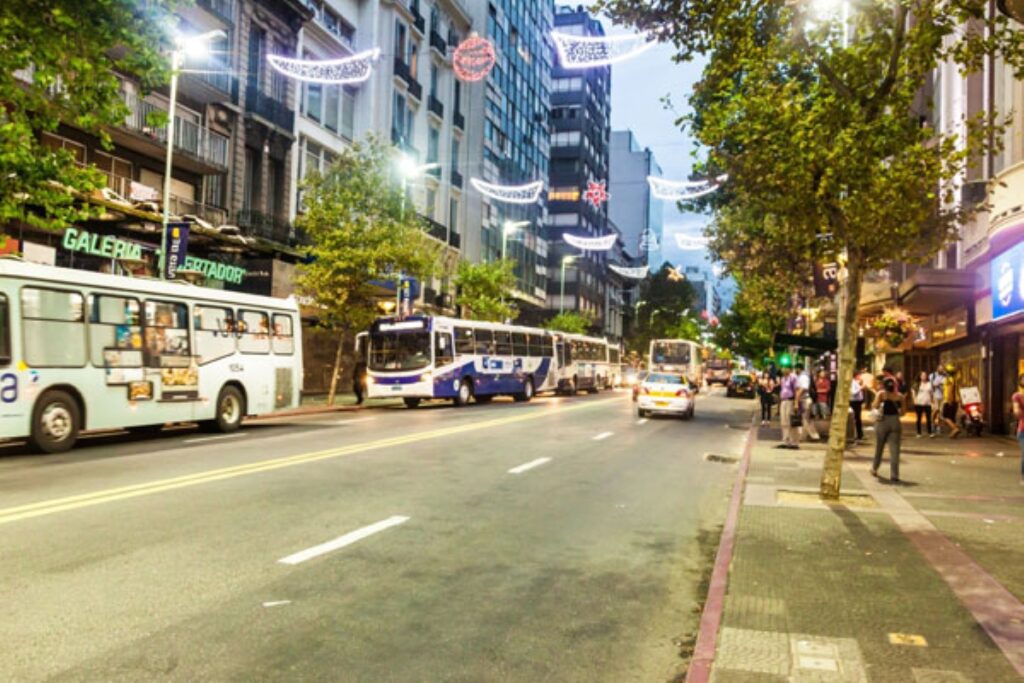The urban mobility at Latin America is at a turning point. Increasing traffic congestion, the atmospheric pollution and the overloading of the public transportation are daily challenges in the region's major metropolises.
However, these challenges also represent a unique opportunity to rethink the model of urban mobility through technology, the sustainability and innovation, he emphasized Marcio Aguiar in an article published by Expansion.
The director of the Enterprise division of NVIDIA for Latin America indicated that the smart cities can be the driving force behind this transformation.
By integrating digital infrastructure with clean energies y technological solutions as the artificial intelligence (IA) and the Internet of Things (IoT), governments can build more efficient, sustainable and citizen-centric transportation ecosystems, he said.
"When we think about building smart cities, big tech plays a crucial role here, as it has solutions based on data, Artificial Intelligence (AI) and IoT (Internet of Things) that can optimize routes, reduce congestion and improve the experience of public and private transportation users," he noted.
A global study conducted by ServiceNow y Deloitte in collaboration with ThoughtLab reveals that 56% of cities already implement AI to improve their government services.
Aguiar stressed that in Latin America, Brazil stands out as one of the most advanced markets in smart cities, with relevant cases such as São Paulo, Curitiba and Niterói. The capital of São Paulo, for example, is among the 10 leading cities in the use of AI to detect fraud and improve efficiency in the management of public funds.
In addition to digitization, he considered that another fundamental pillar in this transformation is the electromobility. The electrification of urban fleets can significantly reduce carbon emissions.
The expert pointed out that this requires joint investments by governments and companies in charging infrastructure and replacement of fossil fuel vehicles with electric options.
"It is important to emphasize that no sustainable transformation can take place without alignment between governments, business and society. Innovative public policies can incentivize the adoption of clean technologies, promoting tax benefits for companies that invest in sustainable mobility and setting clear emission reduction targets," he said.
Santiago de Chile y Mexico City are two outstanding examples along this path. The Chilean capital, he said, was recognized at the "Cities in Motion 2024 Index". for its progress in sustainable mobility, surpassing the goal of the Green Climate Fund by electrifying 30% of its bus fleet in 2023. Mexico City was awarded the smart city award by the World Organization of Sustainable Cities (WeGO), thanks to its efforts in transportation modernization.
However, Aguiar emphasized that the future of the sustainable mobility will only be built on collaboration, innovation and a real commitment to smart urban development.
Source: Expansion


